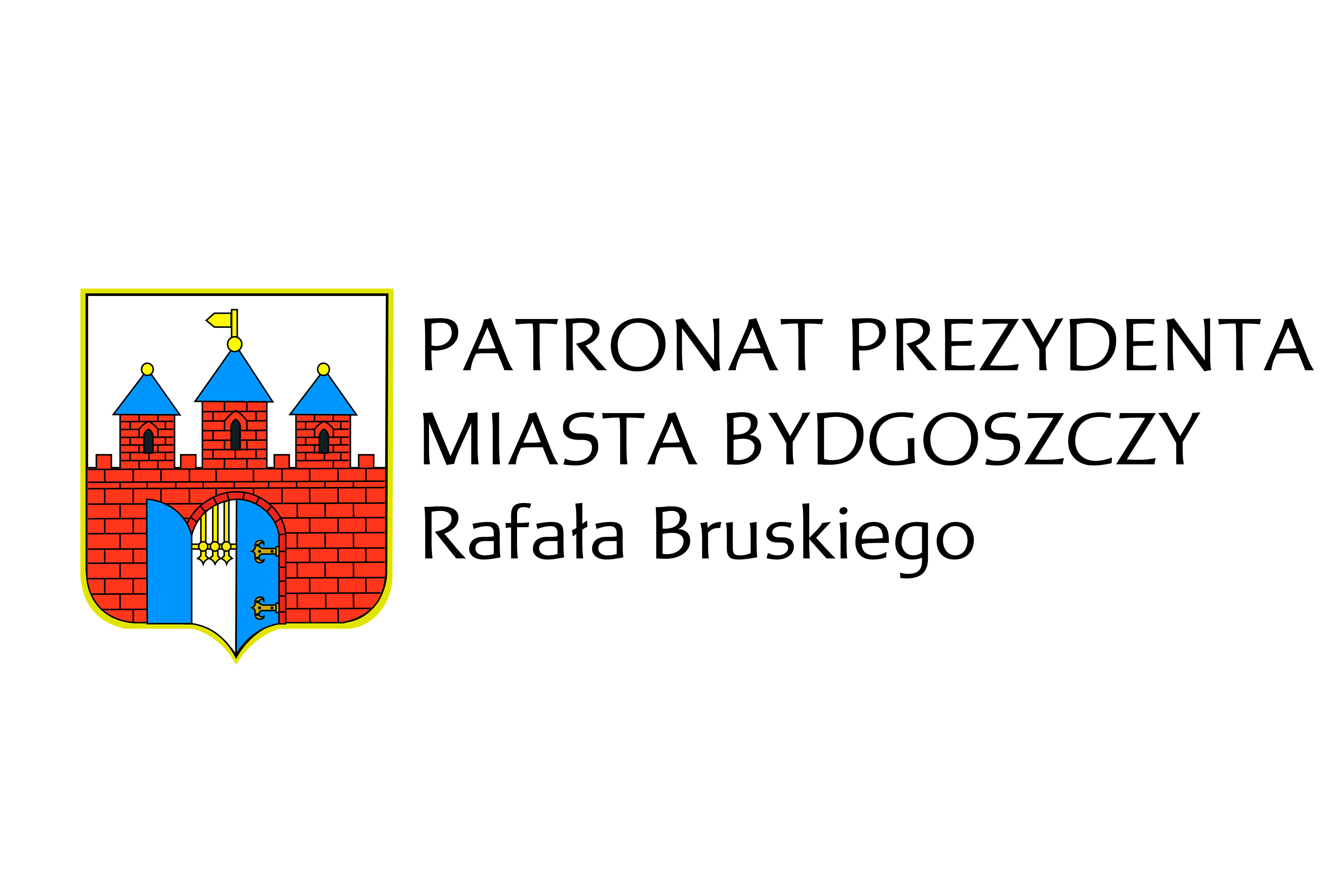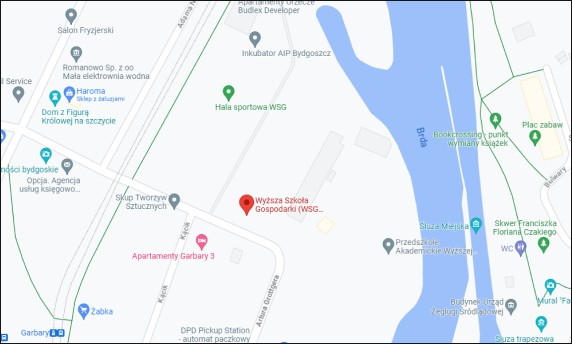PROGRAM
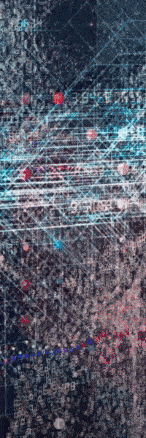
1st Path. Aula Maior
Full video from the conference (YT)
9:30 Opening of the Conference - Rector of WSG, prof. Marek Chamot
9:45 Expert panel
9:45 The role of Artificial Intelligence in scientific research - expert panel, dr hab. Piotr Siuda prof. UKW, dr Patryk Miziuła, barr. Karolina Wilamowska, mgr Radosław Komuda (moderated by: dr Ewelina Gdaniec, mgr Joanna Baranowska)
Panel 1. 10:50-12:30 Technological and ludic panel (in Polish) moderator mgr Miłosz Chruściel.
Technological and ludic panel (YT)
10:50-11:10 prof. dr hab. Grygorii Monastyrskyi (WSG University / West Ukrainian National University) Digital technologies in scientific and educational processes in times of war: cybersecurity in the context of modern online threats.
11:10-11:30 dr Wojciech Mincewicz (Warsaw University of Life Sciences) Cryptocurrencies and artificial intelligence: mutual synergy or antagonism?
11:30-11:50 dr Przemysław Pawelec (University of Rzeszów) Gamification of selected fighting arts applications and augmented reality (AR).
11:50-12:10 11:50-12:10 mgr Aleksandra Szulc (University of Economics in Krakow) Algorithmic liability - analysis of the issue of liability for damage caused by artificial intelligence.
12:10-12:25 Discussion.
12:25-12:40 Break.
Panel 2. 12:40-13:55 Digitalization panel in the organization (in English) moderator mgr Maryna Shevtsova.
Digitalization in the organization panel (YT)
12:40-13:00 prof. dr hab. Olena Trofymenko, Alona Leontovych (National Technical University of Ukraine “Igor Sikorsky Kyiv Polytechnic Institute”) Digital transformation of the business processes of transnational companies.
13:00-13:20 dr Roman Godlewski (independent researcher) None of currently being conducted projects for AI could lead to building a really thinking machine.
13:20-13:40 13:20-13:40 dr Andrius Juskys (University of Lucerne) AI development and its challenges to authors’ rights.
13:40-14:00 dr Serhii Vladov (Kremenchug Flight College of the National University of Internal Affairs in Kharkov) A method for recovering lost information from complex dynamic objects in the event of sensor failure based on neural networks.
14:00-14:15 Discussion.
14:15-15:00 Break.
Panel 3. 15:00-16:35 Socio-educational panel (in Polish) moderator mgr Joanna Baranowska.
15:00-15:20 mgr Lidia Shahbazyan (WSG University in Bydgoszcz) Creating impressions with advanced technology: Using VR in the promotion and sale of architectural projects.
15:20-15:40 15:20-15:40 Alicja Kiełb (University of Rzeszów) Transformation of education: E-learning and the effectiveness of its application.
15:40-16:00 15:40-16:00 Małgorzata Biegańska, Agnieszka Pałka (Wrocław University of Science and Technology) Digitization of cultural heritage.
16:00-16:20 16:00-16:20 Weronika Marszał (University of Rzeszów) Seniors as recipients in the online digital world.
16:20-16:35 Discussion.
2nd Path. MS Teams
Click here to join the meeting
9:30 9:30 Opening of the Conference - Rector of WSG, prof. Marek Chamot
9:45-11:40 Digitalization in organization pannel (in English) moderator Bartosz Skobel.
9:45-10:05 dr Iryna Humeniuk ass. prof. (Educational and Rehabilitation Institute of Higher Education "Kamyanets-Podil State Institute”) Martial law and rampant digitalisation.
10:05-10:25 dr Oksana Ovcharuk (Institute for Digitalisation of Education of the National Academy of Educational Sciences of Ukraine) The use of digital tools by Ukrainian teachers for communication with students: survey results.
10:25-10:45 mgr Jakub Korczyński (independent researcher) Immersive technologies as an effective support for traditional teaching methods at universities and academic centers.
10:45-11:05 Oksana Ivashyna (Volodymyr Vynnychenko Central Ukrainian State University) The impact of artificial intelligence on equity and justice in education.
11:05-11:25 dr Ewelina Gdaniec (WSG University in Bydgoszcz) Research in 3D: The Human Dimension in a Digital World.
11:25-11:40 Discussion.
11:40-13:15 Digitalization in organization pannel (in Polish) moderator Katarzyna Pilarska.
11:40-12:00 Dominik Birak, eng. (University of Rzeszów) Artificial Intelligence in Health Care: Innovations, Diagnostics and Patient Care.
12:00-12:20 Kinga Rewer (Poznań University of Economics) Machine intelligence in the enterprise restructuring process.
12:20-12:40 Mateusz Kuszpa, eng. (Ignacy Łukasiewicz Rzeszów University of Technology) Artificial intelligence in education: Towards personalized and inclusive learning environments.
12:40-13:00 Paulina Pasierb (University of Rzeszów) Intelligent educational support: Analysis of the role of artificial intelligence in improving interaction and communication in the teaching process.
13:00-13:15 Discussion.
13:15- 13:30 Break.
13:30-15:05 Social and educational panel (in Polish) moderator Kajetan Nowak.
13:30-13:50 13:30-13:50 mgr Lidia Mirowska (Academy of Humanities and Economics in Łódź) Educational networking and open resources, or how to use the benefits of e-learning.
13:50-14:10 Anna Grabowska (Jagiellonian University) EDU + AR + (T). The future of artistic education and ways of using new technologies and artificial tools.
14:10-14:30 Dawid Górny (Adam Mickiewicz University in Poznań) Digital culture in the study of art.
14:30-14:50 Małgorzata Durmaj (Jagiellonian University) Platforms or democratically elected governments? Decisiveness in regulating misinformation, disinformation and deepfakes.
14:50-15:05 Discussion.
15:05- 15:15 Break.
15:15-17:20 Digitalization in organization pannel (in English) moderator mgr Mateusz Gdaniec.
15:15-15:35 mgr Mateusz Gdaniec (Pomeranian University in Słupsk) The use of innovative digital technologies as a motivational tool for Police Officers in the context of international peacekeeping missions.
15:35-15:55 mgr Miłosz Chruściel (Kazimierz Wielki University in Bydgoszcz) Real estate transactions in online marketing campaigns.
15:55-16:15 mgr Joanna Baranowska (WSG University in Bydgoszcz) Social manipulation and disinformation. How artificial intelligence can influence voting preferences.
16:15-17:05 Oksana Kravchyna (Institute for Digitalization of Education of the NAES of Ukraine) The use of online games by secondary education teachers to develop entrepreneurial competence: Lessons from abroad.
17:05-17:20 Discussion.

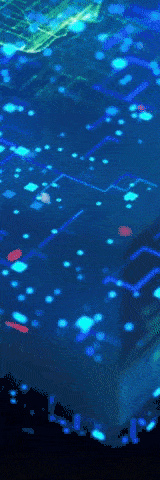
3rd Path. Researcher's digital workshop
In accordance with the sign ups, building C, room C116/C117.
11:00-11:45 Canva in academic teacher’s work
12:00-12:45 Practical basics of distance learning
13:00-13:45 Virtual reality (VR) in developing social competences
14:00-14:45 Creating graphics using AI artificial intelligence
15:00-15:45 The secrets of Moodle
16:00-16:45 Basics of chatting with artificial intelligence

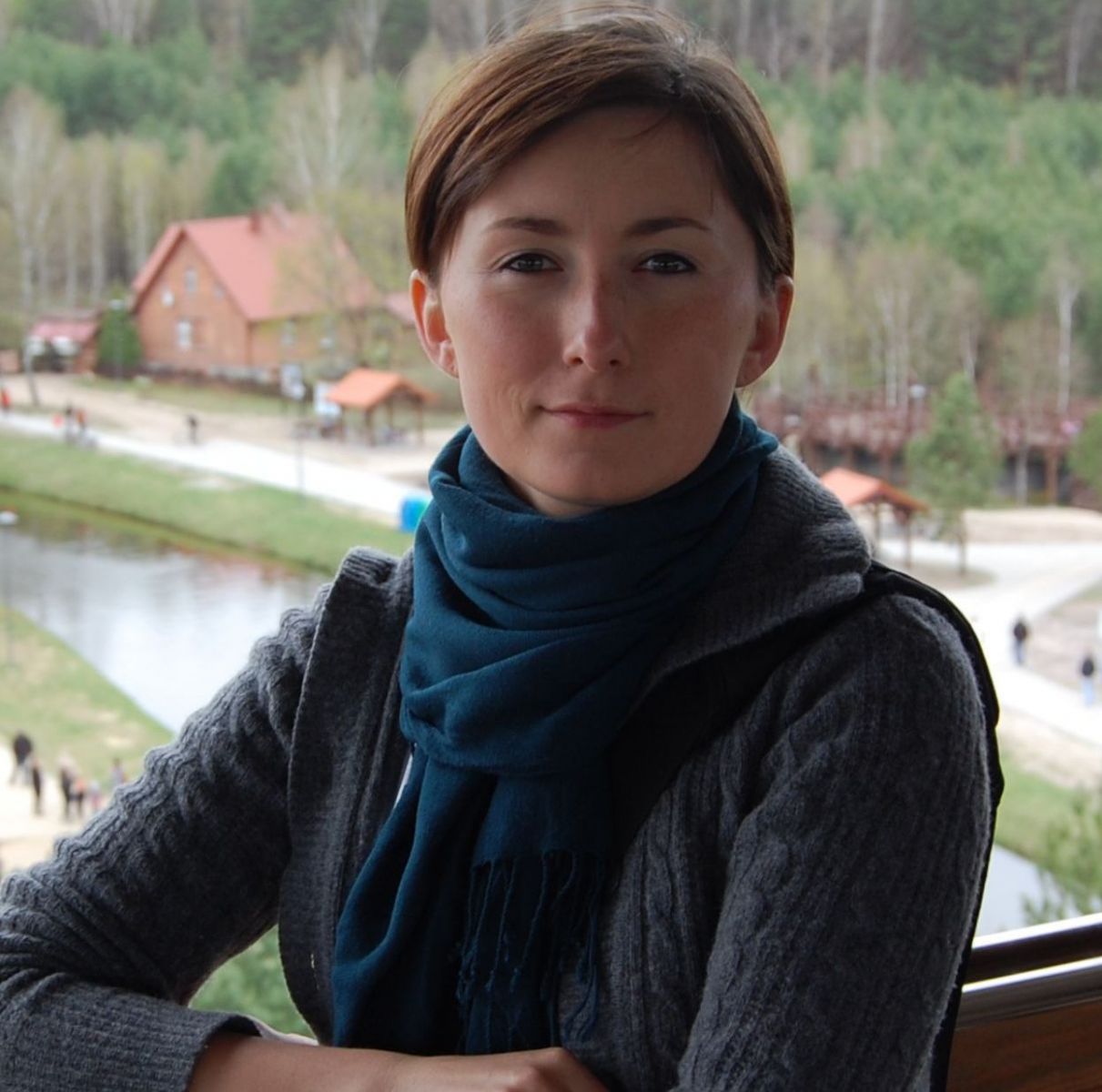
.jpg)
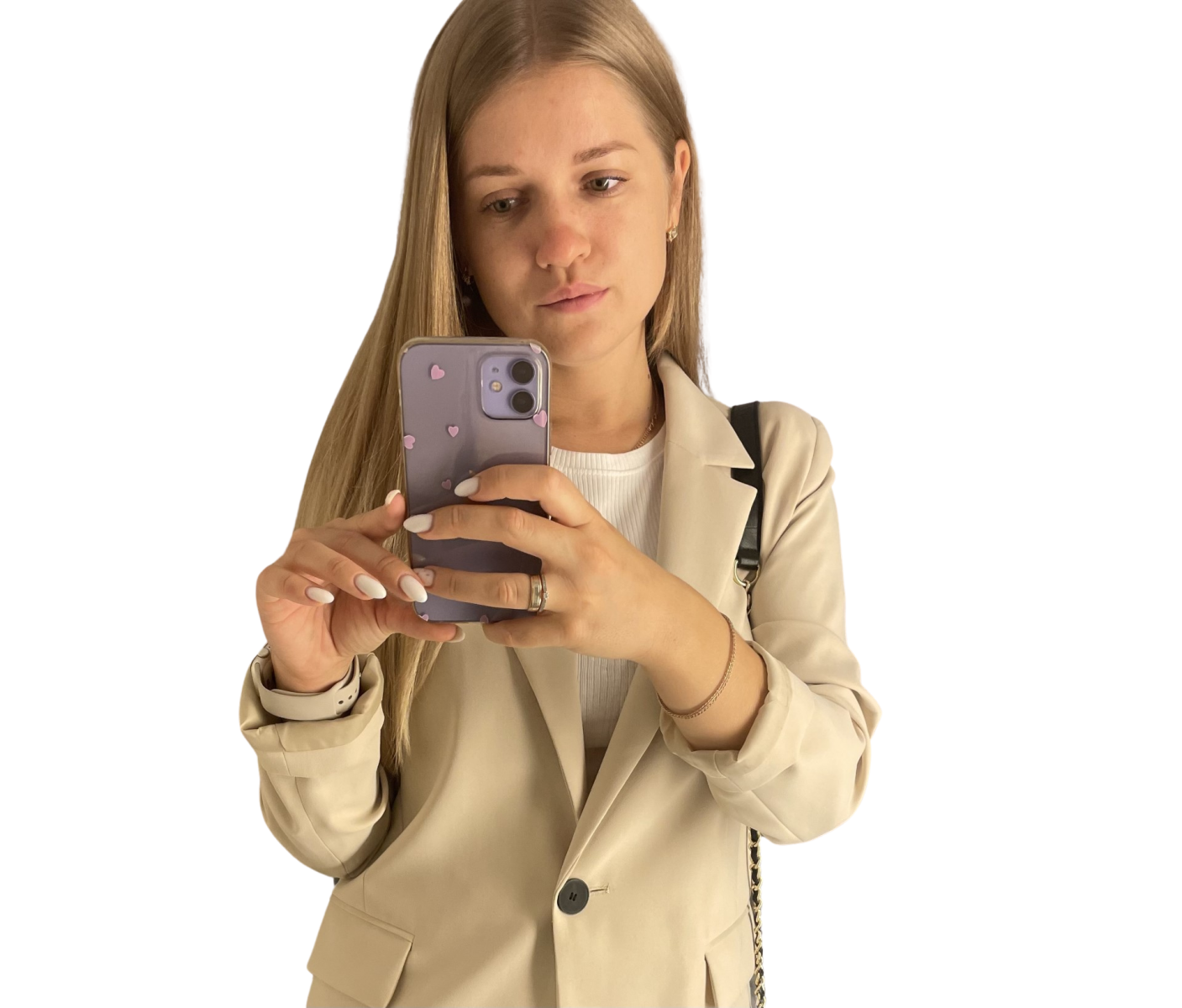


.jpg)
